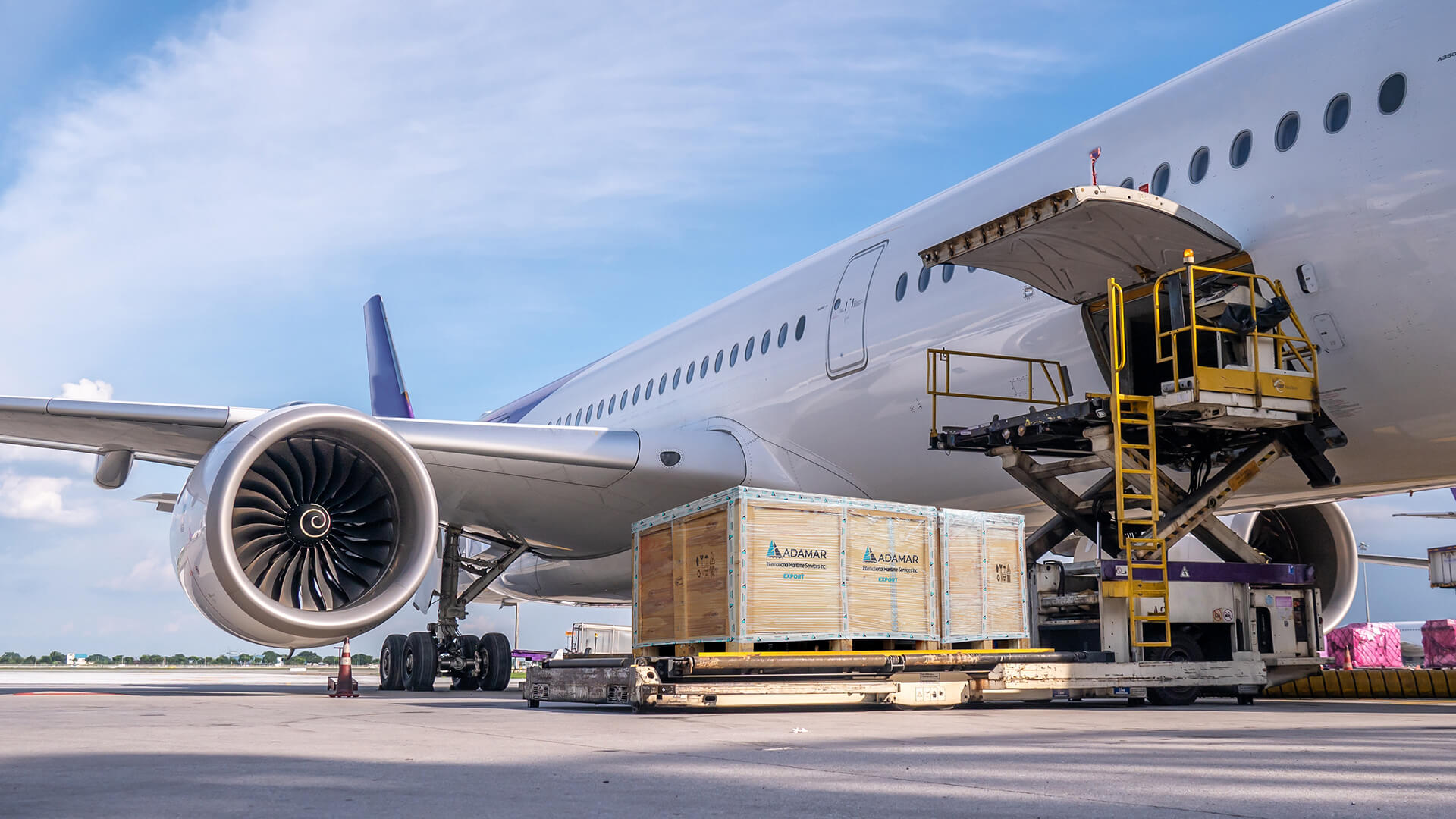The difference between seamless international shipping and expensive delays that strain company relationships can be determined by the choice of an airfreight forwarder. As air cargo grows more and more important to global trade, businesses seeking to keep a competitive edge in global marketplaces must choose a reliable partner.
Network Coverage and Collaborations
Reaching a global audience is crucial for air freight forwarding. Consider prospective partners’ global network of offices, agents, and aircraft connections while evaluating them. The forwarder removes coordination issues by managing both origin and destination services. Companies with extensive networks can handle final delivery, customs clearance, and collection without excessively depending on outside partners that could cause delays or communication breakdowns.
Technology as well as Monitoring Features
Contemporary air freight forwarding necessitates advanced technological platforms. Seek out companies that offer real-time tracking systems that let you see something at every stage of the shipment process. Cutting-edge platforms ought to be able to automatically notify users of changes in shipping status and interact with current corporate systems.
The ability to digitize paperwork reduces errors and streamlines procedures. In addition to increasing efficiency, digital proof of delivery systems, computerized customs declarations, and electronic air waybills provide trustworthy audit trails. Forwarders that use technology tend to fix problems more quickly and offer superior customer support.
Knowledge and Compliance with Customs
International shipping entails intricate customs processes that differ depending on the nation and kind of item. Licensed customs brokers with knowledge of classification schemes, duty computations, and safety regulations work with trustworthy forwarders. Proactively identifying any compliance problems and offering solutions is what they should do.
Communications and Customer Service
The difference between good and mediocre forwarders is responsive client service. Assess possible collaborators according to their methods of communication, speed of reaction, and aptitude for solving problems. The best forwarders designate specialized account representatives who are knowledgeable about certain shipping trends and company requirements.
Having support available around the clock becomes essential when handling urgent shipments in different time zones. No matter when an issue occurs, it is guaranteed to receive timely attention thanks to clear escalation protocols and several contact channels.
Performance Indicators and Sources
Request performance information such as customer satisfaction ratings, damage statistics, and on-time delivery rates. Reputable forwarders keep tabs on these indicators and voluntarily make performance data available to potential customers.
Get direct input from current clients regarding overall satisfaction, problem-solving, and service quality. Peers in the industry frequently offer the most insightful information regarding the dependability and regularity of forwarder performance.
Industry Knowledge and Proficiency
A trustworthy air freight forwarder should have a broad range of air freight cargo handling experience and a thorough comprehension of intricate international regulations. Seek out businesses with several years of track record, especially those that are knowledgeable about the demands of the market. Forwarders that specialize in electronics, drugs, or perishable items contribute important knowledge that generic logistics companies might not have.
Conclusion
Take into account, if possible, that forwarders provide specialist services like AVR Logistics that meet certain business requirements. Express delivery choices, management of hazardous items, and temperature-controlled shipping are a few examples of this. Offering services with flexibility enables businesses to adjust to shifting needs without having to change suppliers.
A sign of forwarder competence and dedication to long-term relationships is the capacity to scale services up or down in response to seasonal needs or business expansion. Select service providers that can expand with your organization while upholding requirements for service quality.

